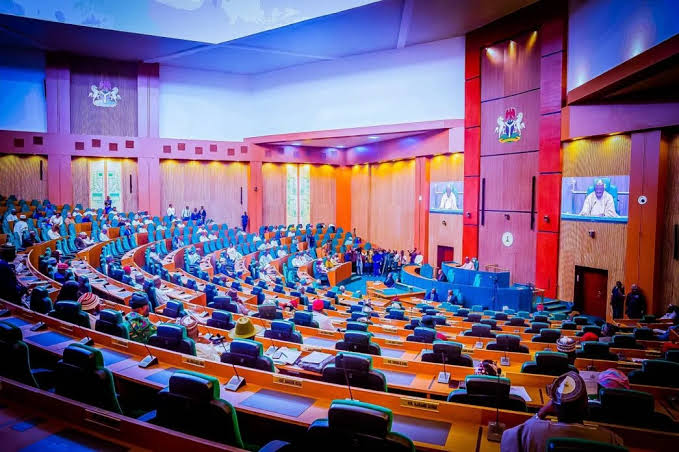
The House of Representatives on Tuesday voted against a constitutional amendment bill proposing the rotation of the offices of President and Vice President among the country’s six geopolitical zones.
In addition to rejecting the rotational presidency bill, the House also turned down six other constitutional amendment proposals listed for consideration in its order paper.
However, lawmakers resolved to revisit the bills individually on Wednesday, assessing each based on its own merits.
At the start of deliberations, the House suspended its standing rules to allow for simultaneous debate on all seven bills, with members choosing which ones to speak on. The rotational presidency bill attracted the most attention, with many members expressing strong opposition and cautioning against enshrining such a precedent in the Constitution.
Deputy Minority Leader, Aliyu Madaki, spearheaded the opposition, arguing that the Federal Character Commission already addresses the concerns raised by the bill. He insisted that political parties should retain the discretion to ensure equitable representation without constitutional imposition.
Sada Soli (APC, Katsina) acknowledged the bill's intent but questioned whether it would compromise merit, warning it could inflame ethnic and regional tensions.
Shina Oyedeji (PDP, Oyo) warned that codifying rotational presidency in the Constitution could fuel further agitation for inclusion from states and ethnic groups within the zones. He stressed the need for equal opportunity, asking, “If zoning favors the South West, which state gets the nod—Ogun or Oyo?”
Bello Mohammed El-Rufai questioned the bill’s practicality in cases such as the unexpected death of a president in office. He argued that the proposed system could infringe on the rights of Nigerians to contest for any office and exacerbate mistrust.
Olumide Osoba (APC, Ogun) also opposed the bill, saying political parties should not be restricted on candidate selection.
In contrast, Minority Whip Ali Isa supported the bill, advocating rotational presidency at both federal and state levels. He emphasized that all regions have competent individuals capable of leading and suggested that fairness demands giving the North East a chance in 2027.
Clement Jimbo (APC, Akwa Ibom) backed the proposal, arguing it could correct longstanding marginalization of minority groups. He suggested that once all zones have taken a turn, the rotational principle could be discontinued.
Despite the intense debate, the rotational presidency bill and the other six proposals were ultimately rejected during the voice vote at second reading.








